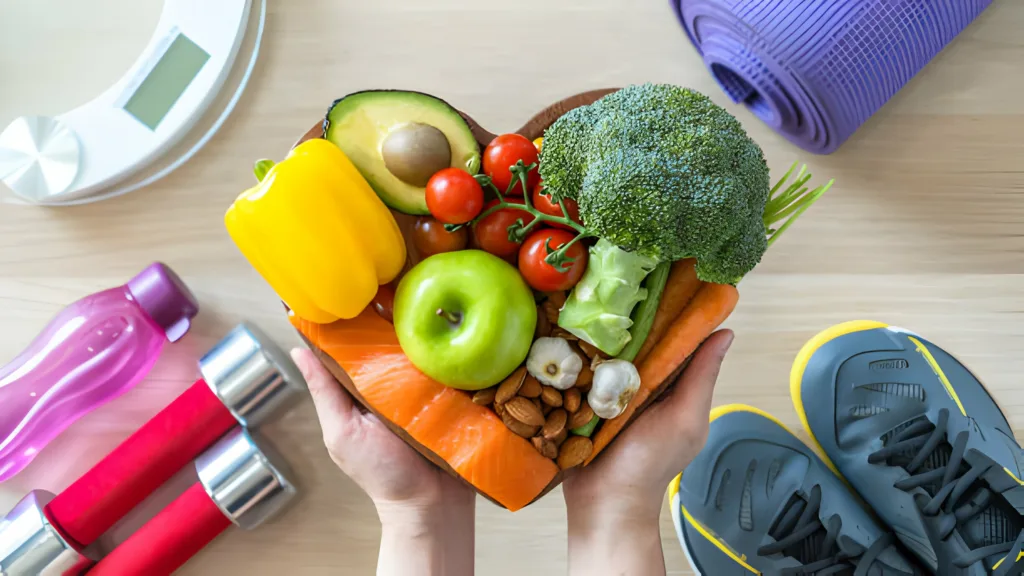
Introduction:
For equestrians, maintaining a healthy diet and fitness routine is essential to ensure optimal performance in the saddle. As a rider, your body is your most valuable tool, and taking care of it through proper nutrition and exercise will not only enhance your riding abilities but also contribute to your overall well-being. In this blog post, we will explore some diet and fitness tips specifically tailored to riders, helping you fuel your body for peak performance.
Eat a Balanced Diet:
A well-balanced diet is the foundation of any athlete’s performance, including equestrians. Focus on consuming a variety of nutrient-dense foods to provide your body with the necessary vitamins and minerals. Include lean proteins, whole grains, fruits, vegetables, and healthy fats in your meals. Opt for foods that are rich in omega-3 fatty acids, such as salmon and walnuts, as they are known to reduce inflammation and support joint health.
Stay Hydrated:
Proper hydration is crucial for riders, as even mild dehydration can impair cognitive function and physical performance. Drink an adequate amount of water throughout the day, especially before, during, and after riding sessions. Avoid excessive consumption of sugary drinks or alcohol, as they can dehydrate your body. If you find plain water boring, infuse it with fruits or herbs for a flavorful twist.
Fuel Before and After Riding:
Timing your meals properly before and after riding is vital. Before a ride, consume a balanced meal or snack that includes carbohydrates for energy and protein for muscle repair. Good pre-ride snacks can include a banana with nut butter, a yogurt parfait with granola, or a turkey and avocado sandwich. After your ride, refuel with a meal or snack that combines protein and carbohydrates to aid in muscle recovery. Greek yogurt with berries, a chicken and vegetable stir-fry, or a protein shake with a banana are excellent post-ride options.
Incorporate Strength and Flexibility Training:
Riding requires both strength and flexibility. Incorporate strength training exercises such as squats, lunges, and planks into your routine to build core stability, leg strength, and overall body control. Additionally, focus on exercises that improve flexibility, such as yoga or stretching routines. Flexibility helps maintain proper posture and prevents muscle imbalances.
Cardiovascular Conditioning:
Cardiovascular fitness is crucial for riders, as it improves endurance and stamina. Engage in activities such as running, cycling, or swimming to increase your cardiovascular capacity. High-intensity interval training (HIIT) can also be beneficial, as it simulates the bursts of energy required during riding sessions.
Rest and Recovery:
Rest and recovery are often overlooked aspects of fitness. Allow your body sufficient time to recover from intense training sessions. Incorporate rest days into your schedule and prioritize quality sleep. Rest and recovery are essential for muscle repair and overall performance improvement.
Conclusion:
As a rider, your diet and fitness regimen play a vital role in your performance and overall well-being. By adopting a balanced diet, staying hydrated, timing your meals strategically, and incorporating strength, flexibility, and cardiovascular exercises into your routine, you can optimize your riding abilities. Remember, taking care of your body is a long-term investment that will contribute to your success and enjoyment in the equestrian world. So, fuel your body for peak performance and ride on!

